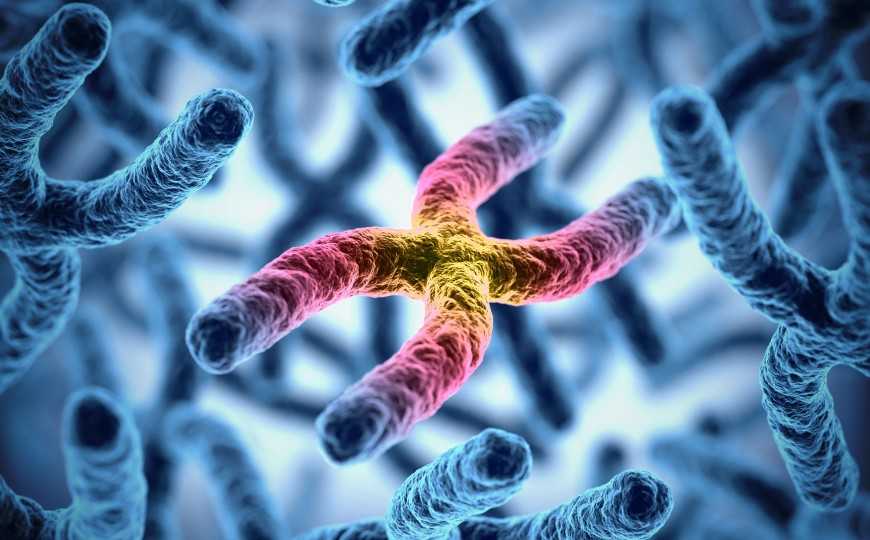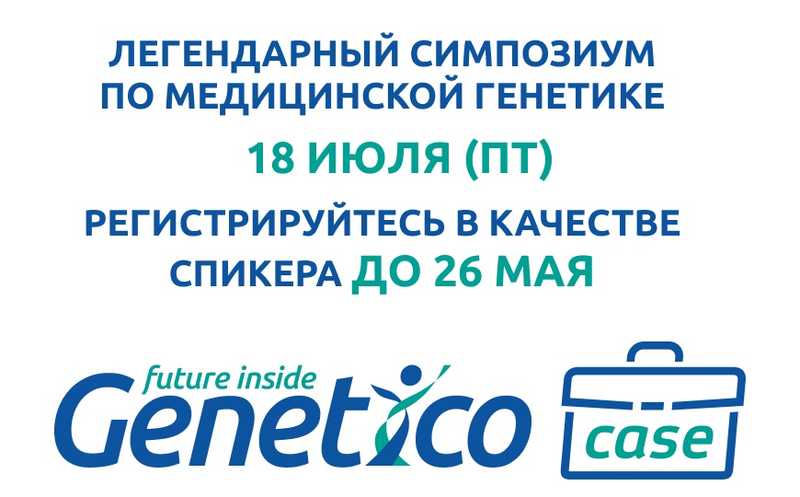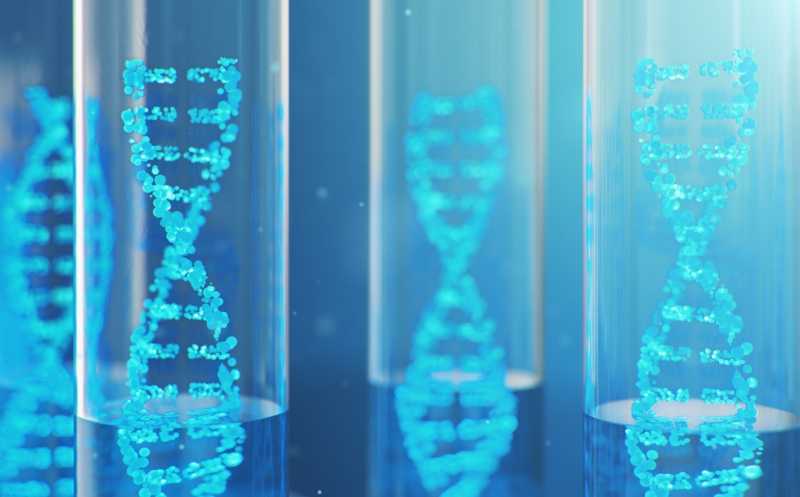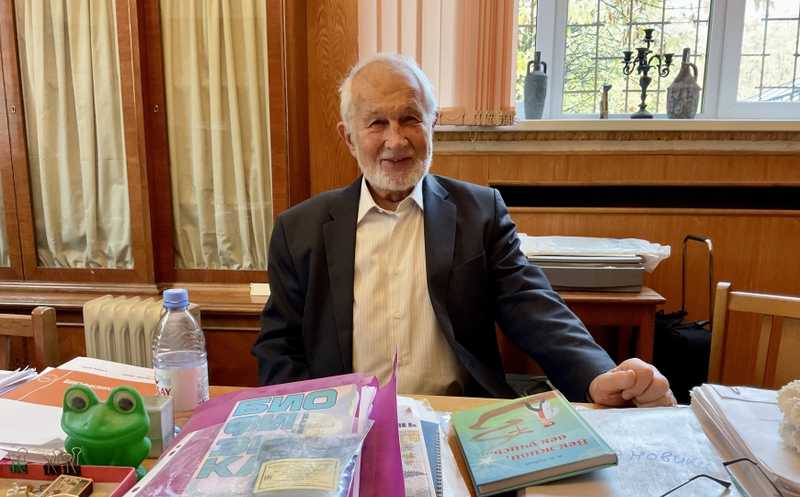From Discovery to Rapid Validation: A Two-Stage Platform for Analysis of Cell-Free DNA Methylation in Cancer
 Онлайн
Онлайн
GenomeWebinars

The liquid biopsy potential of cell-free DNA (cfDNA) has gained increasing interest and attention for screening, diagnosis, treatment, and monitoring in the spectrum of human malignancies. Recent studies show that epigenetic markers can be more clinically informative than other quantitative cfDNA detection methods.
The most common epigenetic DNA modification in humans is the alteration of the methylation status of cytosines. Measuring aberrant DNA methylation in cfDNA has many advantages over other molecular alterations such as point mutations or serum/plasma-based protein markers. DNA methylation changes occur early in tumorigenesis and are highly chemically stable. Moreover, typical methods of DNA methylation sequencing characterize many genome regions simultaneously, offering better limits of detection than standard assays. These aberrant methylation states rarely occur in normal cells, making them relatively easy to detect, even in the presence of a high background of normal cells. Finally, large-scale DNA methylation alterations are tissue- and cancer type-specific and therefore offer the potential not just to detect but also to classify cancers in patients with early-stage disease.
In this webinar, Dr. Bodour Salhia will describe a cfDNA methylation biomarker discovery and validation pipeline that can be broadly applied in designing assays for the detection of early and residual cancer. In addition to a unique analysis approach, the technique couples traditional whole-genome bisulfite sequencing (WGBS) with highly accurate hybridization capture-based targeted sequencing which rapidly characterizes disease-associated methylation states in cfDNA.
Sponsored by Arbor Biosciences
https://event.on24.com/eventRegistration/EventLobbyServlet?target=reg20.jsp&partnerref=site&...
The most common epigenetic DNA modification in humans is the alteration of the methylation status of cytosines. Measuring aberrant DNA methylation in cfDNA has many advantages over other molecular alterations such as point mutations or serum/plasma-based protein markers. DNA methylation changes occur early in tumorigenesis and are highly chemically stable. Moreover, typical methods of DNA methylation sequencing characterize many genome regions simultaneously, offering better limits of detection than standard assays. These aberrant methylation states rarely occur in normal cells, making them relatively easy to detect, even in the presence of a high background of normal cells. Finally, large-scale DNA methylation alterations are tissue- and cancer type-specific and therefore offer the potential not just to detect but also to classify cancers in patients with early-stage disease.
In this webinar, Dr. Bodour Salhia will describe a cfDNA methylation biomarker discovery and validation pipeline that can be broadly applied in designing assays for the detection of early and residual cancer. In addition to a unique analysis approach, the technique couples traditional whole-genome bisulfite sequencing (WGBS) with highly accurate hybridization capture-based targeted sequencing which rapidly characterizes disease-associated methylation states in cfDNA.
Sponsored by Arbor Biosciences
https://event.on24.com/eventRegistration/EventLobbyServlet?target=reg20.jsp&partnerref=site&...


 Меню
Меню





 Все темы
Все темы




 0
0




